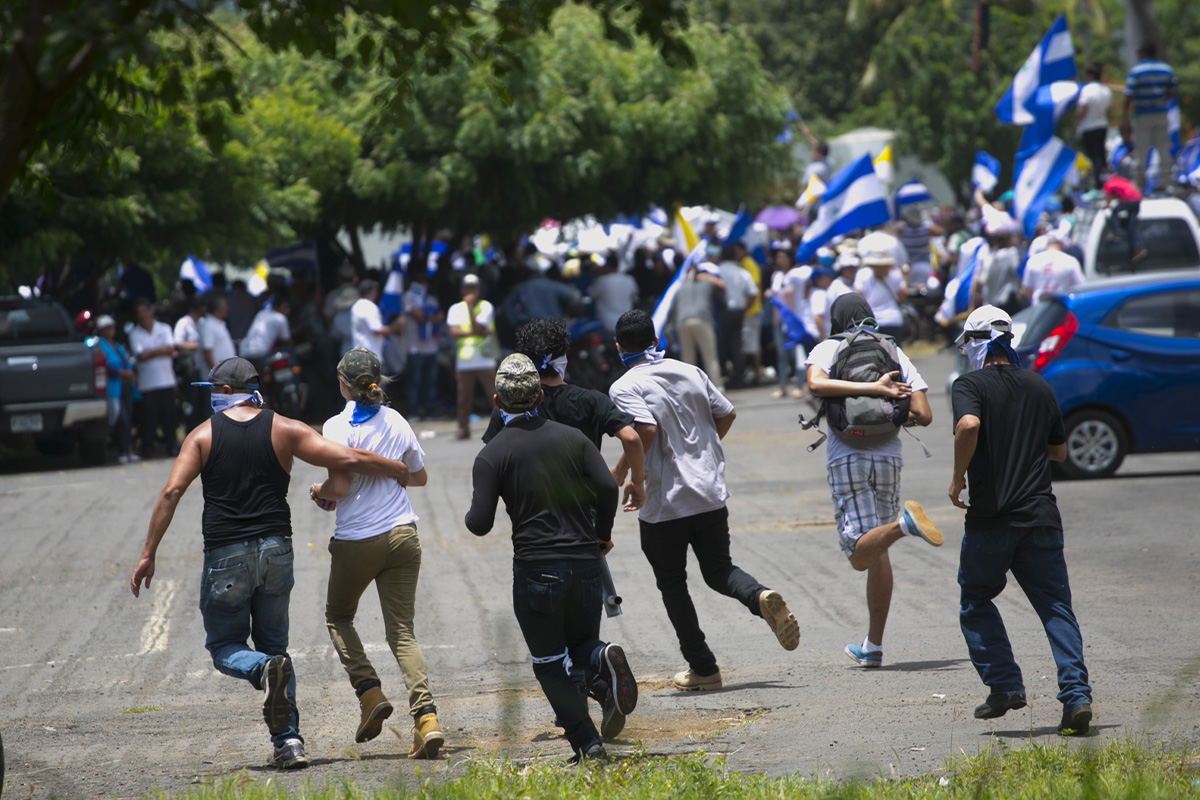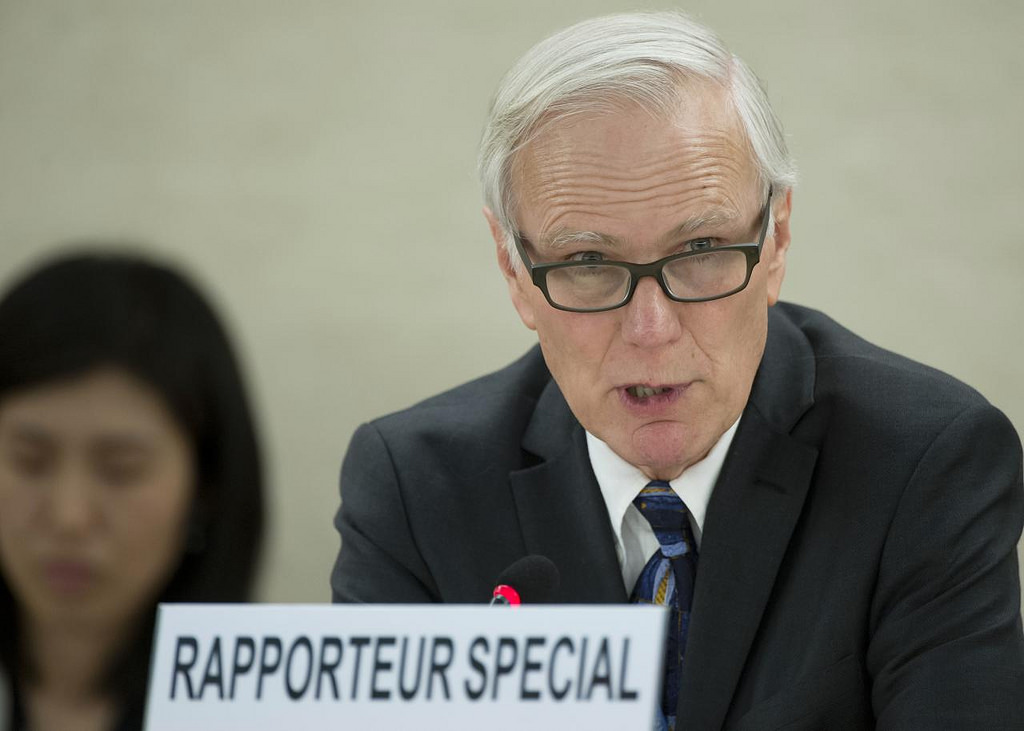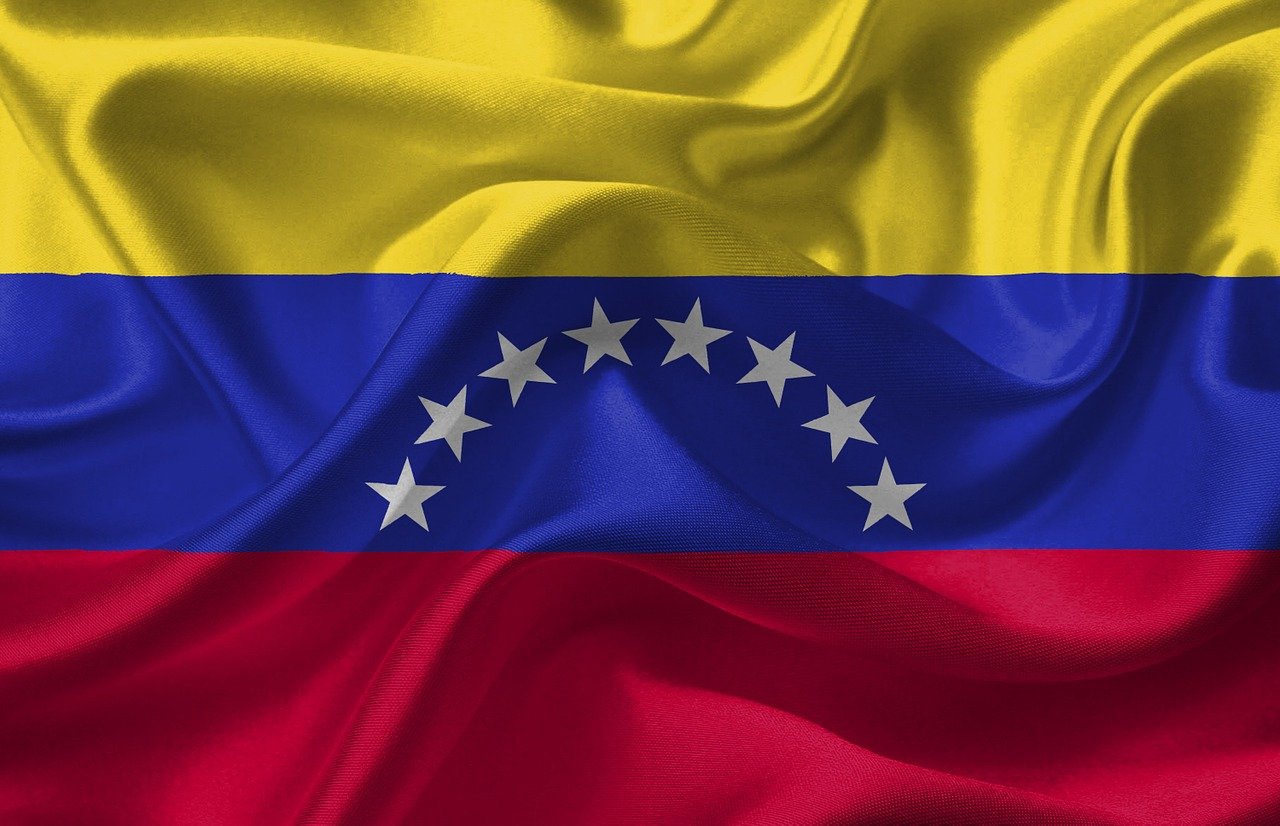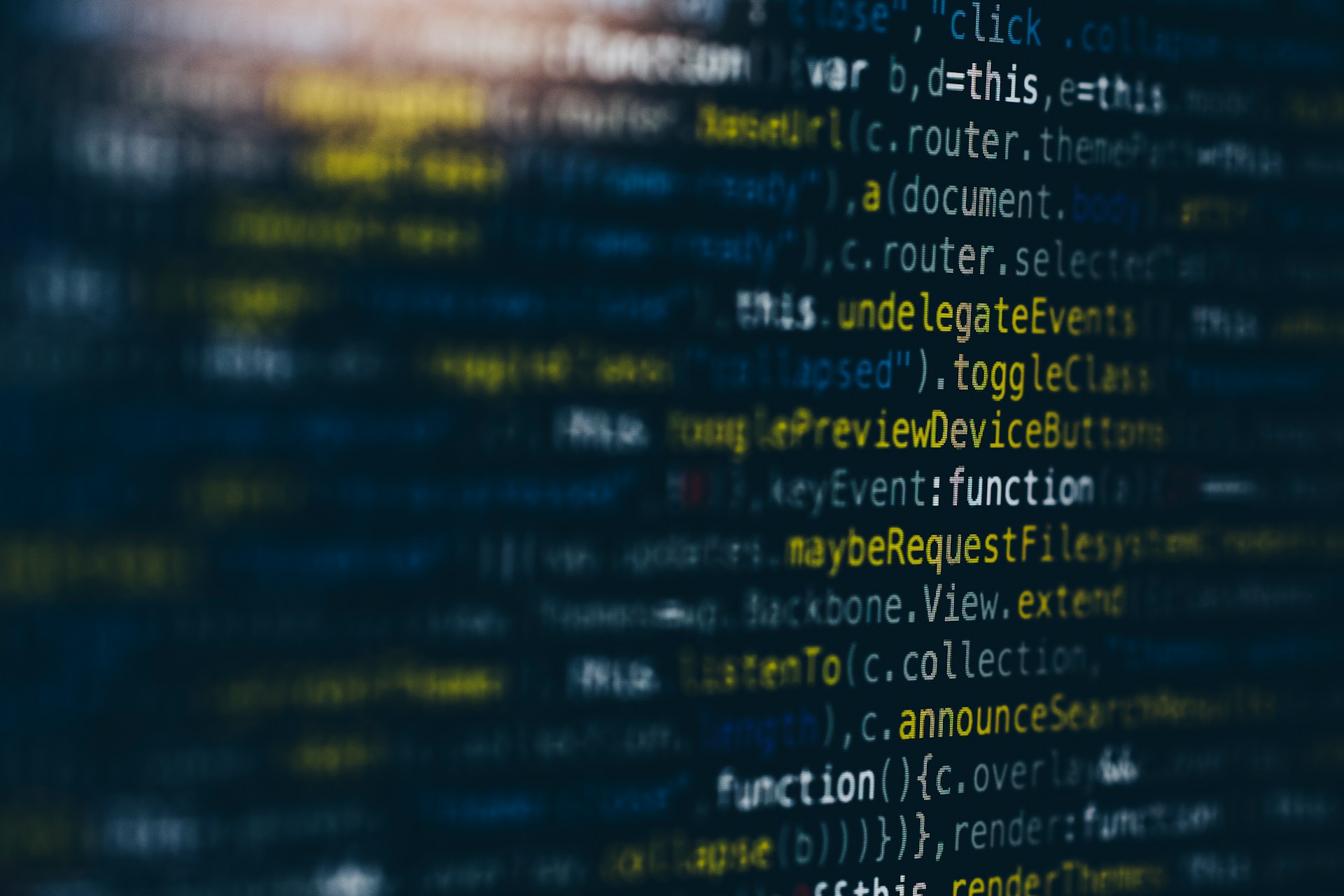请点此阅读中文版
These ‘Communications’ are letters written to the Chinese government, on the basis of information provided by civil society as well as past letters and the government’s international obligations and commitments on human rights.
In general, each letter includes the following:
- A list of the different thematic experts who have joined the letter
- A short summary of the information received (about a law, a case, or a person)
- A series of questions to the Chinese government about the issues raised
- A legal analysis of the relevant international standards applicable to the issue
These are important documents for three reasons. First, the experts use their position with the UN to try to ask questions, and get answers, that civil society cannot – usually because they do not have a clear way of entering into dialogue with the Chinese government. Second, the legal analysis can help inform lawyers, advocates and scholars who are working to improve Chinese practices or defend cases in court. Finally, the Chinese government response to the letters – which are also made public once they are received by the UN, although usually with a delay for translation – can give some insight into how the government views the case and can theoretically provide additional information to the outside world.
As always, these letters will not cause the government to make change on their own; but they are available for human rights defenders and civil society to use for their own research and policy advocacy.
The Communications now public, sent between July and September, include:
- The Sepik Development Project is a large-scale mining project (with related infrastructure) in Papua New Guinea by a Chinese state-owned enterprise. Civil society and human rights defenders in Papua New Guinea have raised concerns about the impacts on human health and the environment of the project, including toxic waste from the mine and the risk of unsafe waste storage (e.g., a dam breaking). The project, they say, will also lead to destruction of livelihoods; these risks were not clearly identified because of inadequate consultation with communities. HRDs have also faced death threats and intimidation. Click here to read the full letter.
Similar letters were also sent to the Papua New Guinea government; to companies involved in the project, including the Chinese company; and to other governments where those companies are based (in this case, Australia and Canada).
- Mass surveillance is being used by Chinese authorities (officials and police) to monitor and detain – with the aim of indoctrinating – Uyghur, Kazakh and other Muslim minority groups. According to reports from civil society, behaviour flagged as ‘suspicious’ included attending funerals, using electricity, having packages delivered, or using encrypted phone apps or VPNs. This behaviour continues despite previous letters from UN experts raising concern about ‘de-extremification’ regulations. Click here to read the full letter.
According to the experts, such measures are not necessary or proportionate to the national security challenge, and may in fact risk undermining the goal of improving security. They also state that ‘indoctrination programs, such as “re-education camps”, violate international law’, and ask the government to provide information about judicial oversight of surveillance, legal grounds for placement in ‘re-education’, and safeguards to ensure human rights are not jeopardized by ‘counter-terrorism’ efforts.
- Yu Wensheng, a prominent Chinese human rights lawyers, was tried behind closed doors in Xuzhou in May 2019. Following the trial, his family and lawyers contacted the People’s Procuratorate twice to determine the outcome; finally, Yu’s sentencing to four years’ imprisonment for ‘inciting subversion of state power’ was announced on 17 June 2020. His family was informed by telephone; they and Yu’s self-appointed lawyers will appeal the verdict. Click here to read full letter.
Yu Wensheng’s case has been followed closely by the UN Special Procedures. His arrest and detention were considered ‘arbitrary’ under international law by the UN WGAD. Now, the experts are concerned that he may have been deprived of his right to fair trial. With regard to the use of RSDL early in his detention, the experts emphasise: ‘the use of RSDL in practice contravenes the right of every person not to be arbitrarily deprived of his or her liberty and to challenge the lawfulness of detention before a court and without delay’.
- This letter is a bit different from the other. Instead of responding to information received from civil society, the experts are instead offering an analysis of a law – specifically, the Law of the People’s Republic of China on Safeguarding National Security in the Hong Kong Special Administrative Region (NSL). Their comments primarily focus on answering the question: does this law comply with international standards, including China’s obligations under international treaties? Click here to read the full letter.
Based on their expertise, the Special Procedures raised concerns about, and asked for clarification on, the use of the NSL to counter ‘terrorism’; the definitions of ‘subversion’ and ‘secession’; extraterritorial jurisdiction of the NSL; the likelihood of the NSL resulting in limits on freedom of expression and freedom of peaceful assembly; and its chilling effect on civil society.
For each of these letters, different experts or groups co-signed, depending on the human rights issues at hand. The diversity of issues affected by Chinese government policies is reflected by the long list of experts:
- hazardous substances
- business and human rights
- counter-terrorism and human rights
- right to development
- enforced disappearances
- environment
- extrajudicial executions
- right to food
- freedom of opinion and expression
- freedom of peaceful assembly and of association
- right to health
- human rights defenders
- independence of judges and lawyers
- indigenous peoples
- minority issues
- freedom of religion or belief
- right to privacy
- torture
- rights to water and sanitation
For more information, please contact Sarah M. Brooks (at [email protected] or on Twitter at @sarahmcneer); or Raphaël Viana David (at [email protected]T or on Twitter at @vdraphael).




